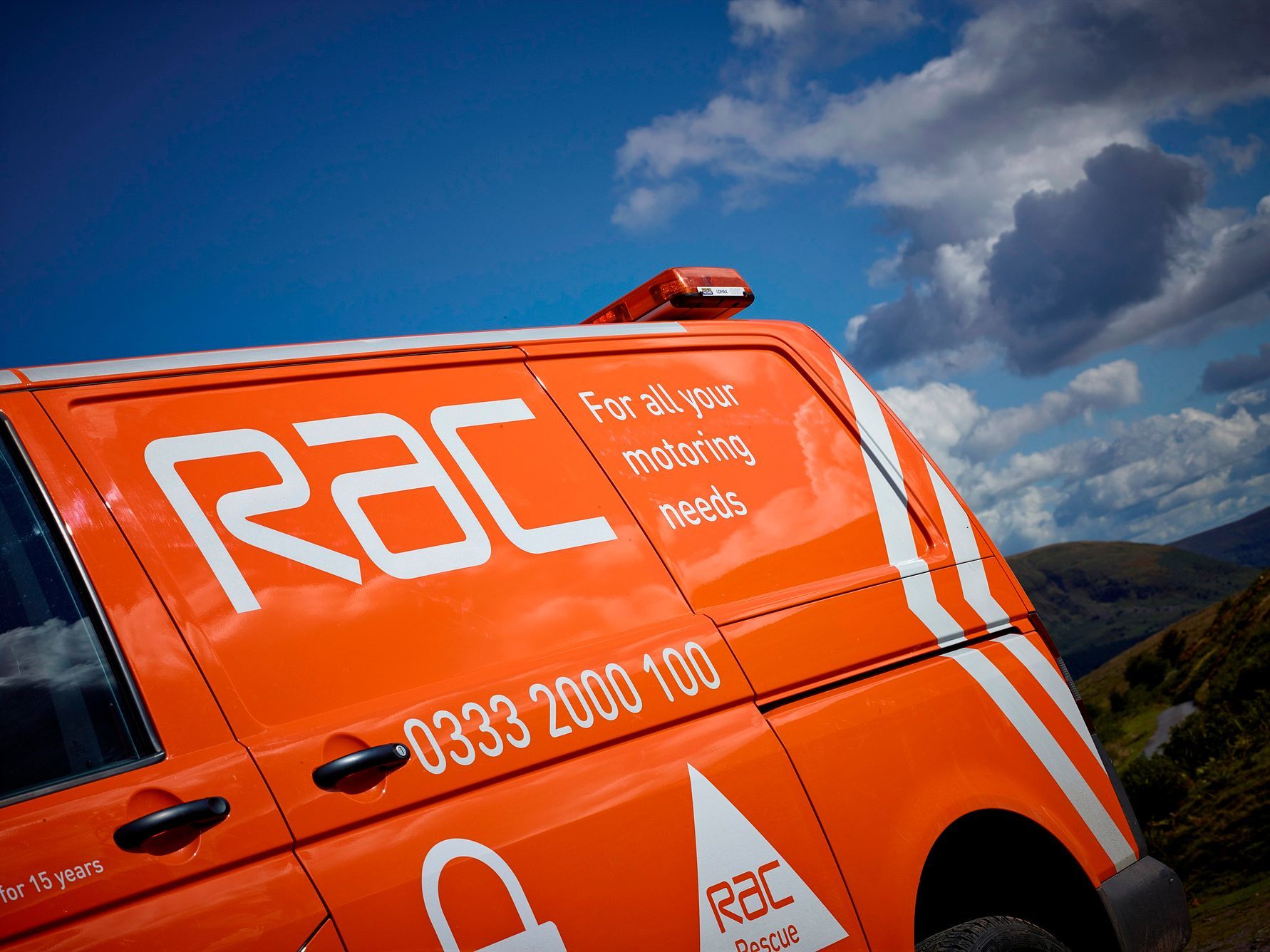RAC calls on UK fuel retailers to pass on wholesale diesel price savings at the pumps

The RAC is calling on fuel retailers to reduce the price of diesel at the pumps as the wholesale cost is now almost the same as petrol, yet average forecourt prices are still 6p a litre more expensive.
On Friday 30 May the wholesale price of unleaded was 103.5p a litre while diesel was only half a pence more expensive at 104p a litre. Despite this closing of the gap between the two fuels’ wholesale prices, the average retail price of diesel was 136.26p – 6p dearer than petrol at 130.22p.
Compared with a year ago, however, when the gap between the wholesale prices was 2p a litre, diesel was only around 4.5p more expensive than petrol at the pumps, posing a puzzling question for motorists around how the retail price of diesel can be so much higher today when the wholesale prices of both petrol and diesel are so similar.
The RAC is now urging the fuel industry to explain to motorists why the retail price of diesel is so much greater than the wholesale price, especially when the gap between wholesale prices has been around the 2p mark since early April, giving plenty of time for this saving to be passed on to diesel motorists.
Retailers usually operate by making around 4p per litre revenue on delivered fuel, but we are now seeing them making 7.5p a litre on diesel while the petrol margin is around 3p a litre – that equates to an extra £1.92 revenue on average 55-litre tank of diesel.
RAC fuel spokesman Simon Williams said: “Transparent, fair fuel pricing is vital for the economy and to maintain the trust of motorists. While two thirds of Britain’s 29m cars run on petrol we use twice as much diesel, around 26bn litres a year, which demonstrates how important it is to business through our 460,000 HGVs, 3.2m vans and all the diesel-powered company cars on the road which cover high mileages every year.
“In the last year retailers have been noticeably quicker to pass on reductions in the wholesale price to forecourts, but we are now seeing an unfortunate blip in that trend where diesel prices are higher than they really need to be. There has been talk of the fuel retailers using higher diesel prices to keep petrol prices lower, but whether or not that’s the case, the simplest way to operate must be to make sure retail prices always reflect wholesale prices proportionately. This has to be fairer in the long run for both private motorists and businesses alike.”
The price of diesel is likely to remain low in the coming weeks due to the start of the American holiday season. As the US has far more petrol vehicles than diesel, petrol production will be boosted to meet the increased demand, causing a slight increase in petrol retail prices, which in turn narrows the gap with diesel pump prices.
Simon Williams added: “As we regularly see prices go up as a result of global demand issues it seems only fair that this annual drop in worldwide wholesale diesel prices caused by this little-known US petrol peak phenomenon should be reflected on UK forecourts.
“Over the years we have been encouraged to choose diesel vehicles for environmental and fuel economy reasons which means they are the preferred option for many, particularly for businesses and high mileage drivers. Unfortunately, UK motorists now pay far more relatively for diesel than petrol because UK refineries are not geared up to meet demand and therefore we are subject to higher diesel prices as a result of having to import supplies from Russia and other countries.
“In the interests of fair play it would appear a good moment for our driver-friendly supermarket fuel stations or the big fuel companies to take a stand and cut the price of diesel in line with wholesale prices and give diesel car owners and business drivers a welcome respite. It’s also worth pointing out that some retailers are operating a more responsive approach to pricing that does pass on a bigger proportion of the diesel wholesale price savings to motorists.”
This year motorists have enjoyed a three-year average petrol price low of 130p a litre which lasted for 14 weeks from Sunday 19 January to 28 April. The low forecourt prices were a result of fuel retailers passing on savings in the wholesale price which had eased in mid-January to around 100p a litre for petrol and 106p for diesel as a result of the pound’s strong performance against the dollar. Tensions between the West and Russia over Ukraine, which began in early March and now appear to have eased, have fortunately only caused prices to rise very slightly.
Unleaded is now 4p a litre cheaper than it was a year ago (130.22p 30 May 2014 v 134.49p on 31 May 2013) and diesel is nearly 3p cheaper (136.22p on 30 May 2014 v 139.07p on 31 May 2013).
Ends
Notes to Editors
* Research conducted by the RAC during December 2013 on www.rac.co.uk, with 1,619 respondents


